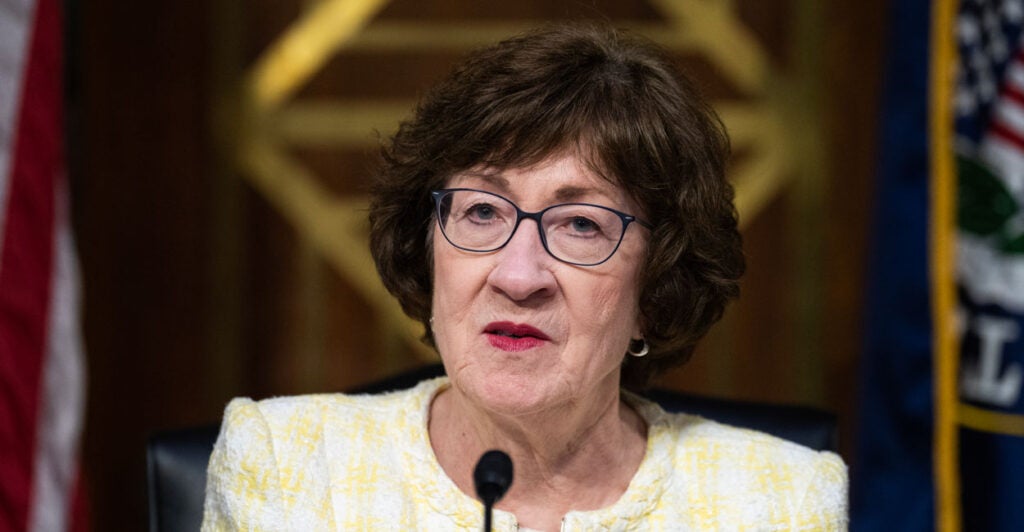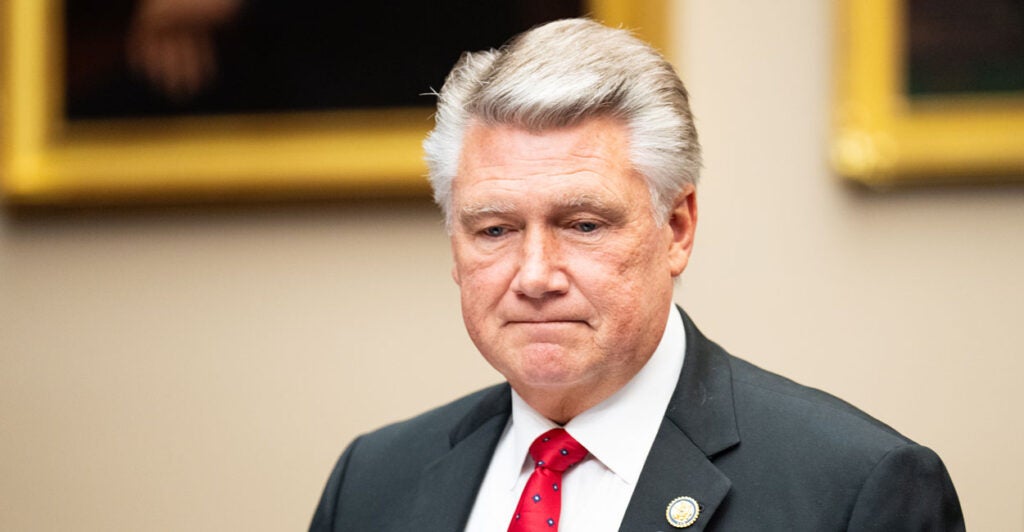The Republican-controlled Senate faces a major litmus test this week of whether it is willing to cut federal government spending going forward.
This week, Senate Majority Leader John Thune, R-S.D., is attempting to pass a rescissions package to cut $9.4 billion in unspent funds from foreign aid and public broadcasting. The package, which targets funding for the U.S. Agency for International Development as well as for National Public Radio and the Public Broadcasting Service, was passed on a vote of 214-212 in the House.
Under law, the president can withhold funding for 45 days, at the end of which Congress must cut the funding or it will have to be spent. This gives Congress a July 18 deadline.
President Donald Trump has made it clear that the legislation is a top priority, and Republicans who vote against it will lose his backing.
“It is very important that all Republicans adhere to my Recissions Bill and, in particular, DEFUND THE CORPORATION FOR PUBLIC BROADCASTING (PBS and NPR), which is worse than CNN & MSDNC put together,” he wrote on the social media platform Truth Social.
“Any Republican that votes to allow this monstrosity to continue broadcasting will not have my support or Endorsement.”
With a rescissions bill, the Senate needs a simple majority to end debate and then cancel unspent federal funds.
The only problem? Some Republicans in the Senate are reluctant to make these cuts.
Sen. Susan Collins, R-Maine, for example, has expressed concerns about potential cuts to PEPFAR—an AIDS prevention program which has morphed to take on other functions, such as funding abortions abroad.
“We still are lacking the level of detail that is needed to make the right decisions,” Collins told reporters Monday. “It’s extremely unusual for any senator to not be able to get that kind of detailed information.”
Collins, with her chairmanship on the Senate Committee on Appropriations, has a say over whether the package advances out of committee.

Of course, Republicans should not expect any Democrat assistance, as Senate Minority Leader Chuck Schumer said on X Tuesday that the package “betrays rural communities, harms global health, weakens America’s standing abroad.”
Sen. Thom Tillis, R-N.C., has called himself a “lean yes” but has said “there’s some very important process questions that people are asking that could make me rethink that.”
Meanwhile, Sen. Lisa Murkowski, R-Alaska, told White House budget chief Russell Vought at a June appropriations hearing that cutting public broadcasting funding would have negative effects on Alaskans.
“I hope you feel the urgency that I’m trying to express on behalf of the people in rural Alaska, and I think in many parts of rural America, where this is their lifeline,” she said.
“This is where they get the updates on that landslide. This is where they get the updates on the wildfires that are coming their way.”
The Senate’s reluctance to cut even $9.4 billion—a fraction of a percentage of the annual budget—has been met with chagrin from members of the House.
“This is supposed to be the lower hanging fruit,” Speaker of the House Mike Johnson, R-La., said Tuesday. “As usual, I asked them [the Senate] not to modify our work.”
Rep. Mark Harris, R-N.C., similarly expressed his concerns to The Daily Signal Tuesday when asked if he feared the Senate amending or voting down the bill.
“I hope and pray that the Senate will do their duty this week,” the Baptist pastor-turned Congressman said.
“It’s like lobbing a softball across the plate. And if Republicans can’t hit that rescission package out of the park, then God help us.”

For Harris, this is a test of whether or not Republicans have any appetite for making major spending reductions through regular rescissions bills—which is at the center of Office of Management and Budget Director Russ Vought and the White House’s fiscal strategy.
“It was only $9.4 billion out of hundreds of billions of dollars that DOGE has already identified,” Harris told The Daily Signal. “I look at this one as just the most simple one of all. And if you can pass this with some sense of urgency, then that invites the White House to send more rescission packages up to Capitol Hill.”














